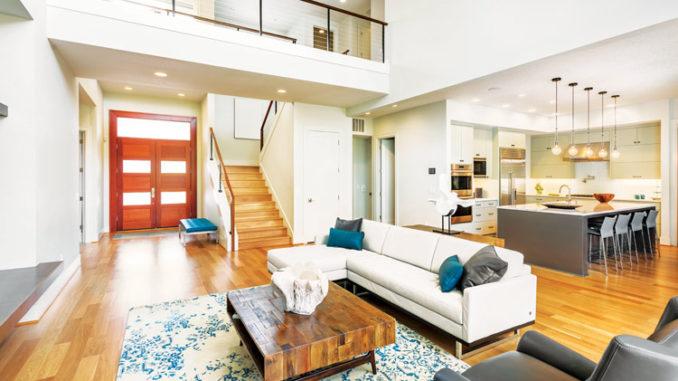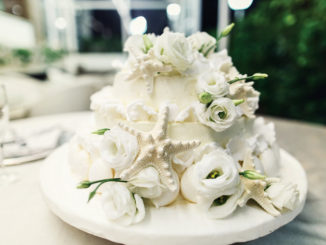
Feng Shui—which directly translates to Wind and Water—urges practitioners to design a harmonious environment that reflects who you are and where you want to go. Ever feel overwhelmed by the clutter in your home? This ancient Chinese art believes you’re affected by your surroundings and the energy everything, even inanimate objects, emit.
The practice can be pretty detailed, with the use of a Bagua Energy Map (an octagon chart that empowers you to energize areas of your life—like wealth, marriage, knowledge, and career—through colored object placement) and a Flying Stars Analysis (based on the year the space was built and the direction it faces). Before you dive into the depths of Feng Shui principles, take the first steps in designing a harmonious environment:
Clear your clutter
An excellent way to start is with a clean slate. Say buh-bye to clothes you haven’t worn in months, stacks of old mail, toys the kids don’t play with anymore—and you will feel lighter and less stressed. The process itself seems therapeutic as you let go of things that no longer serve you, your family, and home.
Enhance the three most important areas of your home
The Bagua Energy Map considers every part of your home but focuses on three specific areas—the entryway, kitchen, and bedroom.
Chi (energy) enters your home through the main entry. Choose light colors, integrate soft light, hang a mirror, or have fresh flowers or potted plants present, to help attract good Chi.
Traditional Chinese culture emphasizes the importance of preparing and consuming healthy food, and the influence it has on our bodies and Chi. The kitchen is believed to affect wealth and abundance and typically possesses high vibrational energy, as it’s a popular common area of the home. The stove is viewed as a powerful symbol of wealth, and Feng Shui suggests that your stove face a doorway and that you keep it clean. If your stove isn’t in proper position and you’re unable to move it, instead check in with all your kitchen items and give them a little TLC. Fix the leaky faucet, the noisy dishwasher, and the energy-sucking fridge, replace chipped bowls, declutter, and ensure counter space and cupboards are efficiently utilized for top function.
Your bedroom and bed placement is another crucial element, as we spend nearly a third of our life sleeping. If you dig deep into Feng Shui, you’ll place your bed and design your room based on your Kua number. For beginners, a few easy adjustments will send you in the right direction: keep the head of the bed up against a wall, invest in a solid headboard, avoid shelving units above your bed, and opt for warm and rich earth tones and soft natural colors.
If you feel your home isn’t your haven—or just isn’t working for you—take a few hours on a Saturday to make some of these quick and easy Feng-inspired moves in support of the energy you desire.




